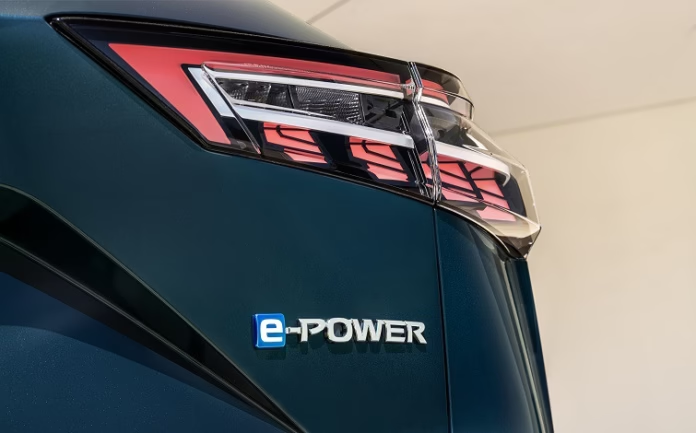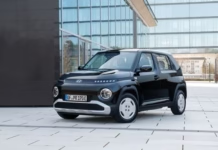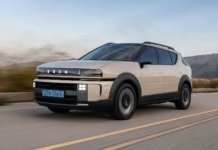Bridging the Gap to Full Electrification
As the automotive industry pushes toward full electrification, many consumers still hesitate to make the leap due to concerns about range, infrastructure, and charging time. To address these barriers, automakers are introducing innovative transitional technologies. One standout example is Nissan’s e-Power system—a series hybrid that blends electric driving with traditional fueling convenience. With the third-generation e-Power now launching in Europe, Nissan offers a more refined, efficient, and practical driving experience that could ease the shift for those not ready to go fully electric.
A Refined Driving Experience with EV Performance
Nissan’s new e-Power delivers the smooth, silent acceleration typical of electric vehicles (EVs), without the need to charge via cable. Instead, a petrol engine generates electricity solely for the electric motor that drives the wheels. This setup ensures instant torque, reduced cabin noise, and a refined driving experience. Enhancements in this third generation include a 5.6 dB reduction in cabin noise, a +10kW power boost in Sport Mode, and more responsive performance—all while eliminating the complexity of traditional hybrid systems.
Best-in-Class Efficiency and Lower Emissions
Fuel efficiency has seen a major leap. When installed in the European Qashqai, the new e-Power achieves 4.5L/100km fuel consumption and CO₂ emissions of just 102g/km—a 12% improvement over the previous version. This places it among the best performers in its class. In real-world tests by ADAC, the system showed up to 16% better fuel economy and 14% highway improvement, making it ideal for long-distance drivers concerned with sustainability and cost.
Advanced Engineering for Smarter Mobility
The engine itself has undergone a comprehensive overhaul. Although it retains a 1.5L turbo setup, it features Nissan’s proprietary STARC combustion system and an all-new powertrain layout. Improved thermal efficiency, upgraded insulation, and a larger turbo contribute to both performance and quiet operation. Importantly, the battery remains compact, maintaining a balance between power and weight. Nissan has also increased the service interval to 20,000km, improving cost-efficiency for European users.
A Future-Ready Solution Without the Charging Hassle
For drivers wary of switching to a full EV, e-Power offers a bridge technology. It delivers an electric driving experience without the reliance on charging stations or long wait times. This system is especially practical in areas with limited charging infrastructure. As part of its global rollout, the third-gen e-Power will appear in North America’s Rogue and Japan’s Elgrand minivan by FY26, following its European debut in the Qashqai starting September 2025.







